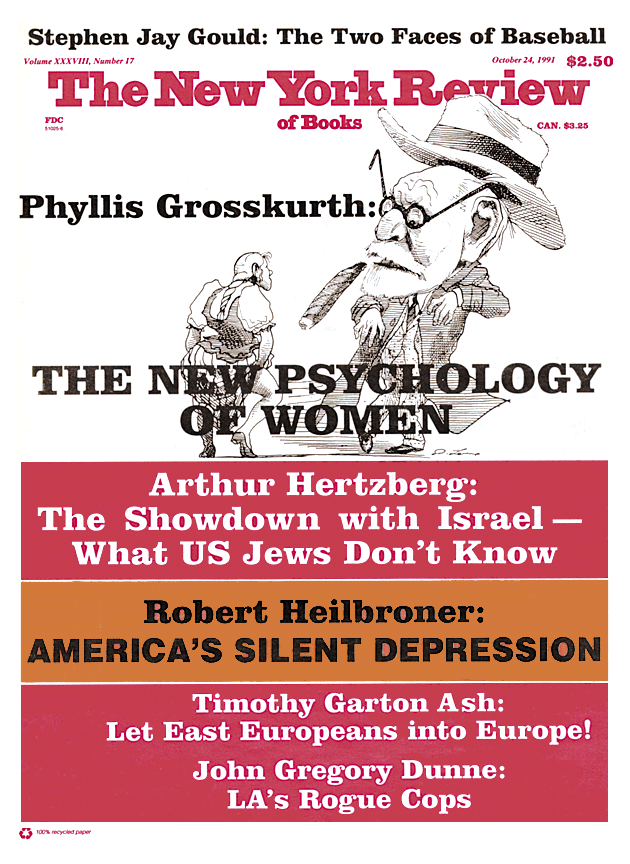Note: Of the following poems by Kocbek, the first reflects his experiences as a Partisan leader. The second and third reflect his disillusionment with communism. The fourth poem could be read as an account of the entire Slovene nation today as it fights for its independence.—MS
HANDS
I have lived between my two hands
as between two brigands,
neither knew
what the other did.
The left hand was foolish because of
its heart,
the right hand was clever because of
its skill,
one took, the other lost,
they hid from one another
and only half-finished everything.
Today as I ran from death
and fell and rose and fell
and crawled among thorns and
rocks
my hands were equally bloody.
I spread them like the cruciform
branches
of the great temple candlestick,
that bear witness with equal ardor.
Faith and unfaith burned with a single
flame,
ascending hotly on high.
PARROTS
Termites attacked the province
undermined bridges and monuments,
tables and beds all crumbled to
dust.
Germs infiltrated laboratories
and settled on the sterilized
instruments,
fooling learned men in the process.
It all happened so horribly quietly.
In our case it was a plague of parrots.
Green and yellow, they screeched
in our houses, gardens and kitchens;
unclean, vulgar and ravenous
they invaded our bathrooms and
bedrooms
and finally settled in people.
It all happened so horribly loudly.
None of us knows how to lie any more
and none can tell the truth;
we speak the tongue of an unknown
tribe,
we yell and curse and howl and wail,
draw back our lips and pop out our eyes;
even the court jester has gone insane
and is screeching like all the rest.
Somewhere, though, stands a circle of
men
gazing mutely at the still center;
motionless they stand in blessed silence,
their shoulders growing broader and
broader
under their ancient burden of silence.
When they suddenly turn about face
the parrots in us will die.
NOW
When I spoke
they said I was dumb,
when I wrote
they said I was blind,
when I walked away
they said I was lame.
And when they called me back
they found I was deaf.
They confounded all my senses
and concluded I was crazy.
This pleases me.
ON FREEDOM OF MIND
I want no more fine phrases,
only one word is left for me,
when I fall on the couch I say: no,
and when I dream I cry suddenly: no,
and when I wake I say again: no.
That is my form of defiance,
it makes me healthy and stubborn.
Even when I am tired
I can still say the word: no,
and when everyone is saying; yes,
I bellow that little word: no.
With this word I control the
situation,
it’s my form of self-affirmation,
it makes me clear-headed and
cruel.
I am kin to the roots and tendrils,
to ruthless tempests and breezes;
computer printouts are shredded
by my brief: no.
The calculation has to begin again.
When they say I am guilty
my actions say I am innocent.
The law of freedom of the human mind
is like the quiet defense of ancient rights,
a command to the clown is a
prohibition,
I don’t want to be a madman or monster,
I grow hoarse amid the din of machines,
from mountain to mountain—nine
echoes of: no;
my neighbor hears it as: yes.
This Issue
October 24, 1991


